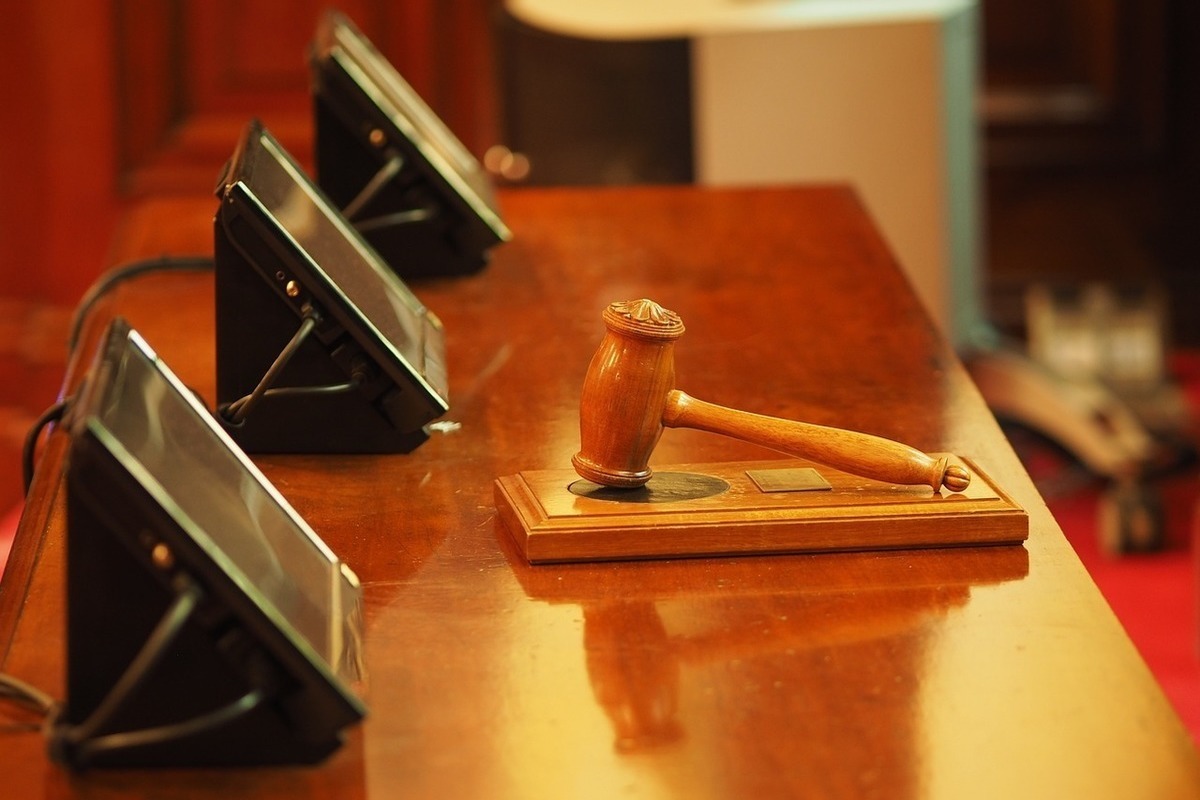Human rights activist Merkacheva explained the danger of the death penalty for terrorists
[ad_1]

Seven arguments against capital punishment
The terrorist attack at Crocus City Hall, which resulted in numerous casualties, became the reason for renewed talk about the death penalty. Some senators and deputies said that Russians are waiting for legislators to lift the moratorium. This can probably be explained by the pain that people experience and the desire of certain government officials to give them a quick “cure.” But the death penalty for criminals will not bring back the dead or prevent terrorist attacks.
“They are non-humans, which means they have no right to life,” this is something they say and write about terrorists today. The demand to lift the moratorium was made on the day after the terrorist attack, March 23, by many Telegram channels. They were supported by individual legislators (“we must listen to the voice of the people”). In general, these conversations come up every time tragedies happen. And then, over time, as the pain subsides, so do they. But it looks like this time things might be different. A terrible tragedy has occurred and many are demanding retribution. But such decisions should definitely be made with a cool head. I will give several arguments against the return of the death penalty.
First. The death penalty is ineffective in preventing crime. Contrary to popular belief, it does not reduce the criminalization of society. The crime rate in Iran, where the death penalty is practiced, is the same as in the Scandinavian countries, where, in principle, there are no cruel punishments. In those states where capital punishment was prohibited, there were no more atrocities, but on the contrary. Crime is influenced not by severity, but by social, economic and other factors.
Second. For many criminals, the punishment of life imprisonment is even worse than the death penalty. Living in harsh conditions, without the right to anything, without hope – what could be worse? All the victims we interviewed spoke out against those who committed terrible crimes with them or their loved ones being shot. The most common thing we heard was: “Let them live and suffer every day.”
Third. It is impossible to get rid of one killer without acquiring another, and even a professional one (one who will carry out the execution). At the same time, it is also impossible to mechanize execution: the profession of an executor will always belong to a person, even in the most developed and robotic society.
Fourth. The value of human life is absolute for both people and the state in the 21st century. The principle of “an eye for an eye” will take you back to the darkest times of the Middle Ages. As a result of the Second World War, the concept of a universal human right to life emerged. This happened after the Nuremberg trials. By the way, the United States proposed to publicly shoot 10 thousand Germans. But the USSR insisted on an international court, where there were lawyers, prosecutors, where everyone could express their position, and the accused had the last word.
Fifth. Errors in the investigation and trial do happen, and we know many examples of this. They can only be corrected while a person is alive.
Sixth. The surviving terrorist can and should be studied in order to understand what motivates such criminals, what they experience. It is also important to show how they repent (all the terrorists whom I was able to interview in the colonies for human rights protection said that no goals, no money are worth a single human life).
Seventh. The Constitutional Court has spoken clearly about the death penalty. “Neither the State Duma nor the Federation Council can overcome the decisions of the Constitutional Court of the Russian Federation,” Senator Klishas wrote in his Telegram channel.
In general, the death penalty is a pathology, and it should not become the norm and order.
[ad_2]
Source link








